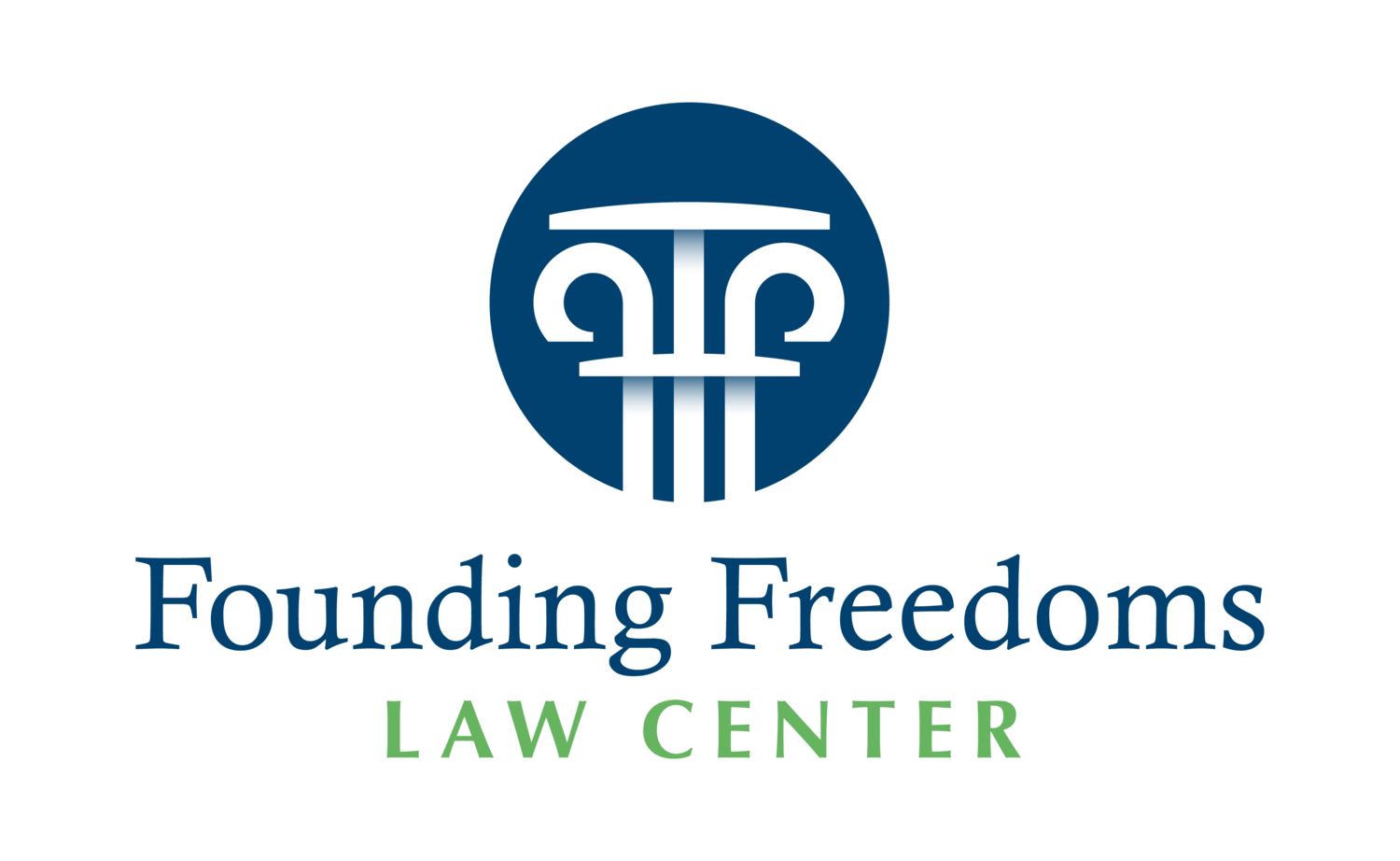Unlike Any Other: Richmond Court Rules Part of VA’s Fair Housing Act Unconstitutional
Fair Housing Laws are designed to diminish wrongful discrimination by residential property owners. But, at least in Virginia, our version of this law had been weaponized as a tool to prevent Christian real estate professionals from speaking truths directly from the Bible. The good news is that this past January, the Richmond City Circuit Court determined that Virginia’s Fair Housing Act (FHA) could no longer be used as such a weapon.
The adoption of FHA-type laws became prominent after the federal government enacted its FHA statute in 1968. Thereafter, numerous states adopted similar statutes, such that now nearly every state in the country, including Virginia, has its own FHA laws. Also, much like the federal FHA, Virginia’s FHA not only prohibits overt acts of discrimination in housing practices, but it also prohibits real estate professionals from issuing any “notice, statement, or advertisement” relating to the sale or rental of property, that “indicates any preference” or intention to have a preference related to the religion, race, or other category, as specified in the statue, for whom that property would be sold or rented (Va. Code § 36-96.3(A)(3)).
Based on that provision, one might have imagined that for Virginia’s government to show a violation of this law, it would need to meet the burden of proof for demonstrating that a particular “notice, statement, or advertisement” indeed showed a discriminatory preference. At the time that the statute was enacted, this was true. In the 1980s, the Virginia Real Estate Board (VREB), then known as the Virginia Real Estate Commission, sought to use this law to prevent certain Christian real estate brokers from using the Christian fish symbol or stating “Jesus is Coming” on their letterhead and advertisements. Fortunately, the Virginia Supreme Court determined that the mere use of these references was inadequate to show a violation of the statute (Commonwealth v. Lotz Realty Co., 237 Va. 1 (1989)). By merely referencing these Christian-affiliated statements in the brokers’ materials, the government did not carry its burden of proving an unlawful discriminatory preference.
However, quickly after the issuance of this ruling, Virginia’s legislature in 1991 modified our FHA, and adopted a provision unlike any other FHA in the country. Virginia’s revised provision reallocated the burden of proof for showing discriminatory preference. This revision established that any “notices, statements, or advertisements” issued by a real estate professional, that used “words or symbols associated with a particular religion” (or other specified categories of individuals), would be presumed as showing intent to discriminate. This meant, the government no longer had to prove discriminatory intent. Instead, the Christian real estate professional who uses Christian references would be required to disprove the allegation that he intended to discriminate. Unlike any other FHA provision in the country, this statutory scheme ran in direct contradiction to the well-settled principle of law that “where the state alleges misconduct by its citizens, it is the state that bears the burden of proof” (see Sutherland v. Commonwealth, 171 Va. 485, 494 (1938)).
It should come as no surprise that—albeit twenty-six years after this presumption-of-discrimination provision was adopted—state officials decided to enforce this unusual provision. Beginning in 2017, the VREB sought to stop a Christian real estate agent from referencing the Bible in her professional emails.
This Christian real estate professional, Hadassah Carter, included as part of her email signature the encouraging statement: “Jesus Loves You, and with God [a]ll things are Possible.” Also, her email signature showed a quotation from John 3:16 in the Bible, stating: “For God so loved the world that He gave his only begotten Son, that whosoever believeth in Him should not perish but have everlasting life.” But, when the VREB learned about this, it sought to block Ms. Carter from sharing these profoundly kind and loving words. Armed with Virginia’s unusual presumption-of-discrimination provision, the VREB began an investigation involving Ms. Carter, which ended by it requiring the removal of any reference to religion in Ms. Carter’s marketing materials. This was a stunning decision that reeked with unconstitutional odor.
Years of legal battles on behalf of Ms. Carter followed, led by American Center for Law and Justice attorney John A. Monaghan. Just weeks ago, in January, a welcomed court ruling was finally issued. In the case Carter v. Virginia Real Estate Board, No. CL 19-4150 (Richmond City Circuit Court Jan. 24, 2024), the Richmond City Circuit Court issued an opinion declaring that this presumption-of-discrimination provision within Virginia’s FHA is an unconstitutional violation of the Freedom of Speech. Therefore, the court ruled that the VREB no longer could enforce that provision. What great news! Now, we only must wait to see if VREB will appeal this decision.
It is saddening that Ms. Carter had to endure a years-long legal battle to secure the protection of her rights—in this case, the plainly basic right to reference Scripture while working as a real estate professional. But, this situation serves as a stark reminder that, regardless of how well-intentioned a particular legislative provision may be, those who believe in our fundamental freedoms should not be slack in opposing legislative bills that contain infringements of these rights. Such a failure to engage in this diligent oversight may result in countless individuals or professionals being tempted to hide their faith to avoid legal blowback. As we saw in this case, such a failure may leave the brave with no choice but to endure arduous, lengthy litigation to restore freedom to themselves and others. Fortunately, Ms. Carter was brave. And she stood for religious liberty in our Commonwealth. Now, pending any appeal, this unlike-any-other FHA presumption of discrimination is prohibited from being used to attack other Christian real estate professionals in the Commonwealth.
-By Michael Sylvester
